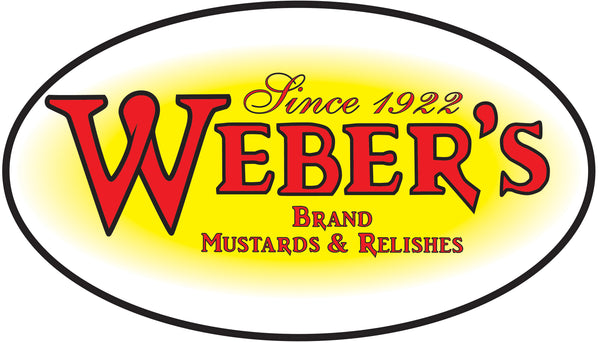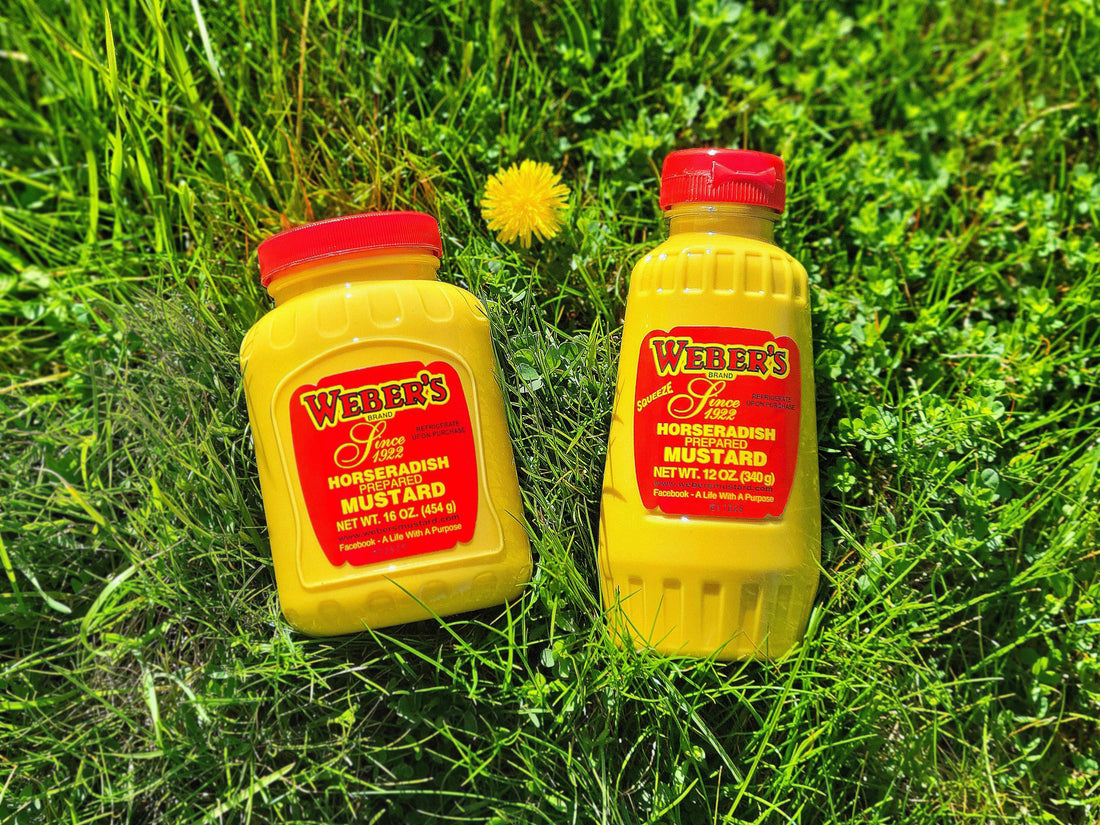For millennia, the business world and natural world have not mixed well. We have seen time and time again throughout human history how exponential business growth results in major destruction to Earth's flora and fauna. In more recent time, greed has risen. Big businesses have decided that deforestation, decreased biodiversity, and pollution have only increased the size of their own pockets - so why stop now? Fortunately, change has begun to take shape.
Since the 1980s, tackling this issue has become a major project... our planet's project. New studies and technological advancements have opened human eyes to their own carbon footprint. Recycling, water conservation, composting, public transportation, and planting trees have all been implemented in hopes of reversing our personal effects on the Earth. The next challenge is changing over business practices to sustainable ones, and for the last 27 years, Weber's Brand has been focused on just that.
The Rise of Recycling
In 1997, Suzanne Desmond walked into Weber's with disgust after witnessing how much her company was throwing away. Every Monday morning she watched as an entire street was filled with garbage totes, ready for landfills. She took it upon herself to start recycling, a project that has only gained momentum. Today, Weber's Brand is proud to say that on average only 2 garbage bins are put out to the road on a weekly basis. All cardboard, totes, plastic buckets, gallons, and caps are recycled and repurposed.
More recently since the end of 2023, all packaging peanuts have been converted from Styrofoam to environmentally friendly ones made of starch. Once they come in contact with water, they dissolve, making them a much cleaner alternative for website orders.
For the Betterment of Humanity
In 2013, Weber's Brand petitioned the State of New York to remove all dyes and preservatives from every mustard produced by the Heintz & Weber Co., Inc.. For over 11 years now, all Weber's Brand mustards have been all-natural, a huge step towards eliminating all harmful artificial ingredients from Weber's Brand food products.
A Grueling Change
For a business quickly going under in the late '90s, Weber's had to find every way they could to cut costs without relinquishing quality. With savings of 33%, in addition to decreased packaging weight and damages, metal caps and glass jars were converted to plastic ones in 1998 and 2003. Both changes were difficult to make, as they were not environmentally friendly ones, but a $3.99 jar of 16oz Weber's Brand Horseradish Mustard today would cost $5.30 or more if it were metal and glass. This switch would more than likely put Weber's Brand out of business, as they would not be able to compete with major brands such as French's and Heinz. Until packaging companies find a cleaner alternative material and larger companies make the switch to greener practices, the changes are just too expensive for smaller manufacturers like Weber's Brand to absorb.
Plastic - A Major Problem
Unfortunately, plastic still rules manufacturing operations. The material is used in nearly every modern day product, and because of this, landfills continue to enlarge. Many search for an answer, yet there are people that still prefer using single-use plastic packets and squeezable jars for convenience. So, what's the next step?
Well... there is a light at the end of the tunnel. With the world speaking out, and recycling practices increasing, plastic companies have begun producing recyclable plastic products. A step in the right direction, but by no means a final solution. If the world is interested in becoming a net-zero carbon planet, its people must come together to find solutions at the big business level. Once big businesses make the change, more consistent pricing will trickle down across all levels of business, making the switch a much more feasible one for smaller manufacturers.
Earth Day
In celebration of Earth Day, Weber's Brand wanted to reveal its practices and goals for the future. The Heintz & Weber Co., Inc. is hopeful that one day, every jar of Weber's will be sold in a net-zero waste package, one that suits both the planet and Weber's fans.
Change is right around the corner, and Weber's is looking at every possible way to help. Our planet is our project.

